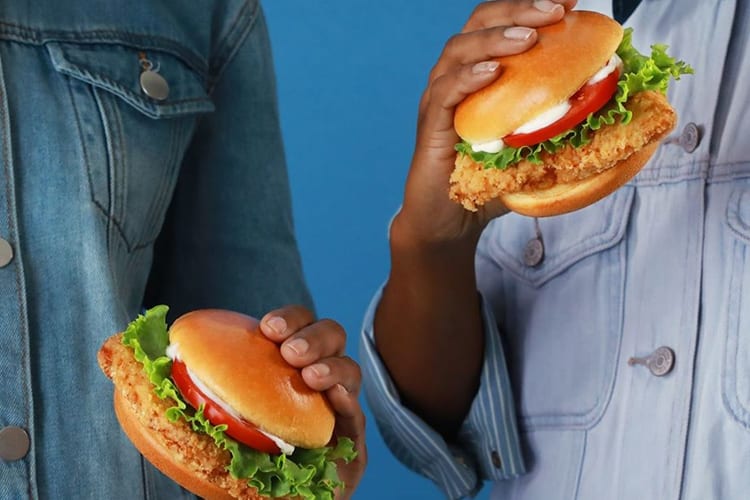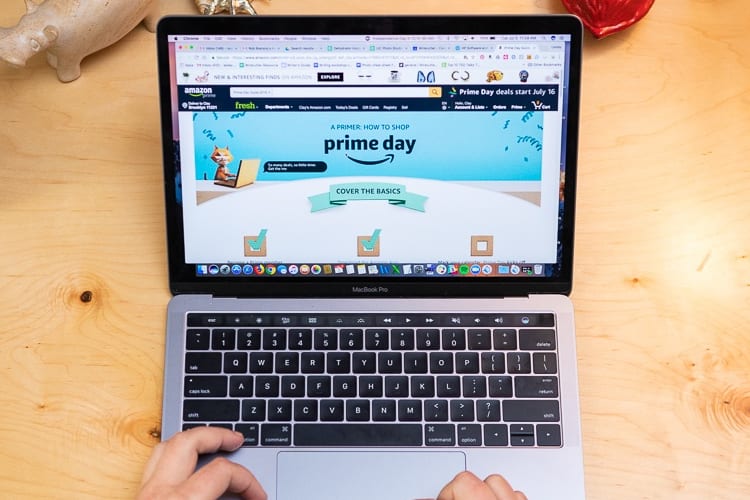How to Use the Principle of Reciprocity to Get Free Stuff

You’ve probably heard the old business saying, “you have to spend money to make money.” The same idea is in “the principle of reciprocity.”
Social psychologists describe reciprocity as the feeling that you have to return a favor done for you. It’s like the golden rule “do for others as you would have them do for you,” and it’s generally a good thing for individuals and society at large.
In business, the principle of reciprocity is a key tool companies use to market their goods and raise awareness of their brands. Knowing how it works can help you get tons of free perks, prizes, and rewards.
The Principle of Reciprocity in Business
Giving things away for free may not sound like a smart business model. However, a lot of companies use it as a way to attract new customers.
Businesses often offer free products or discounts without requiring any commitment on the part of the consumer as a way to introduce them to a new product and hopefully convince them to be a repeat customer.
The Psychology of Reciprocity
Marketing is the psychological side of business, since companies are doing everything they can to get new, loyal customers. It was probably a marketing exec who came up with charging $9.99 instead of $10.00 because in your mind, 9 is less than 10.
When brands offer you something for free, for example, a free trial for a streaming subscription like Spotify or Apple Music, you not only get free music for a month, you also give them a bit of your brand loyalty. Think of it as a small portion of your “mindshare.”
And if they prove to you their product is awesome after a month, you’re more likely to pay for it when the trial expires.
How Companies Market To You
Knowing this is how businesses operate gives you a chance to get an edge — and a lot of free stuff.
The principle of reciprocity also states that the company giving something away should have no definite expectation of receiving anything in return. Consider food samples as an example. You can try as many as you like and have no obligation to actually make a purchase.
But as the name implies, reciprocity means you will probably feel like you have to give something back. That’s OK because often times if a company offers you a gift, they’ll encourage you to share it on social media or review their product online as “payment” for the product.
For instance, in 2017 a woman’s clothing company called Girlfriend Collective gave away a free pair of leggings to anyone who posted a link to their website on social media. The company reported receiving 10,000 orders on the first day of the promotion alone, so it’s clearly an effective strategy.
See Also: The 7 Best Free Food Apps You Should Have On Your Phone
Product testing is another example of the principle. Companies often give away select amounts of products before they’re released for mass consumption. The goal is to generate positive reviews and garner helpful feedback. But for you, it can simply mean getting things for free.
Final Thoughts on How to Use the Principle
There are few things better than free things. Now that you understand the principle of reciprocity you will spot more opportunities to get guilt-free merch.
See Also: 109 Birthday Freebies to Look Forward to Each Year









